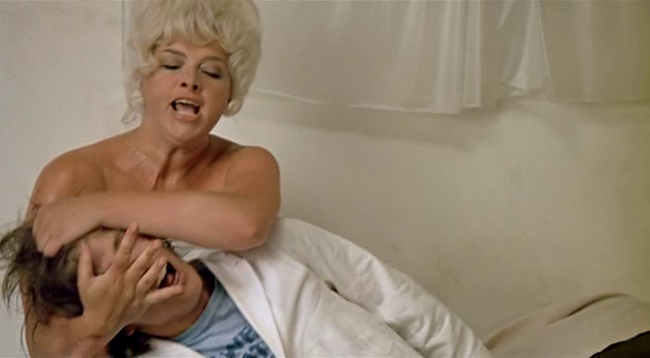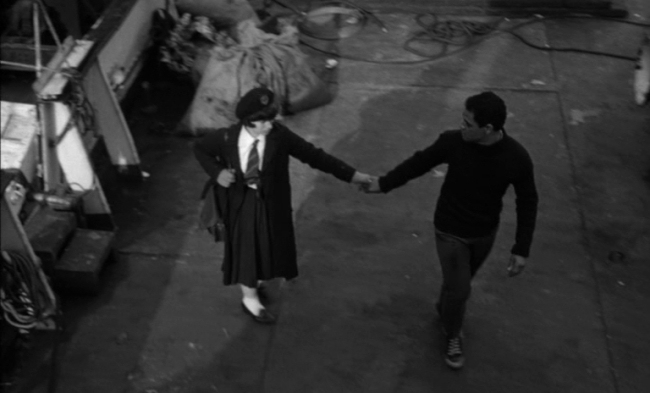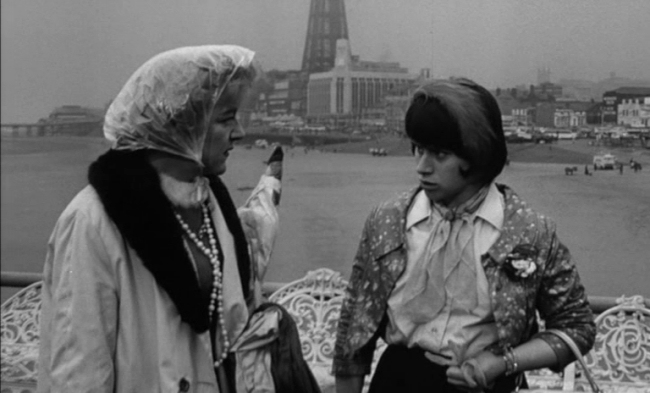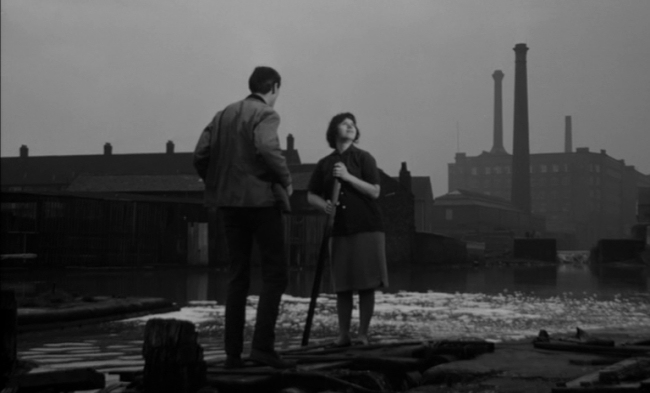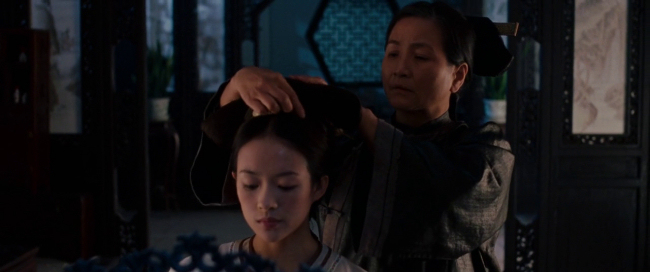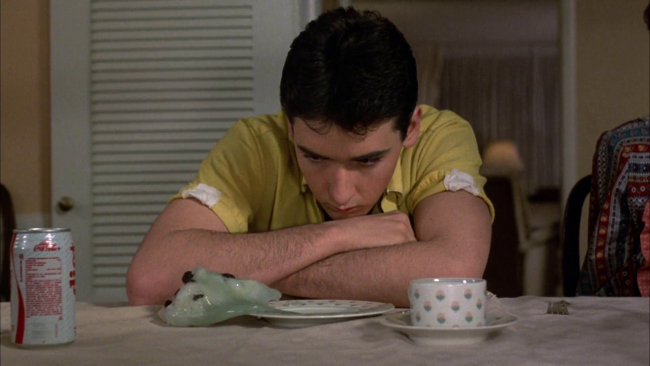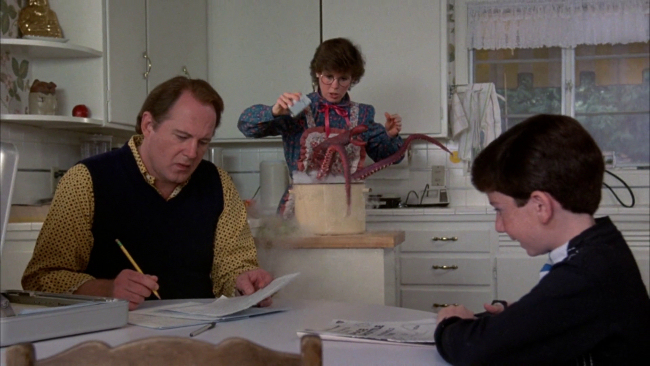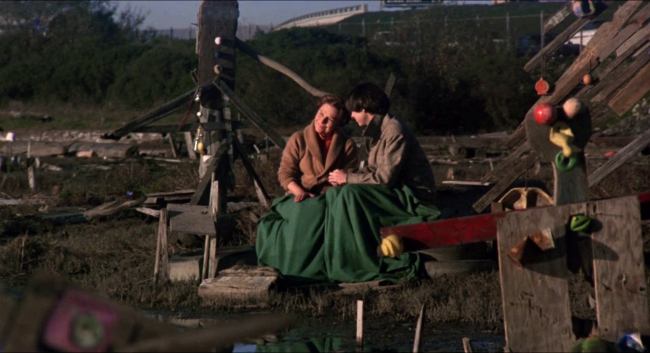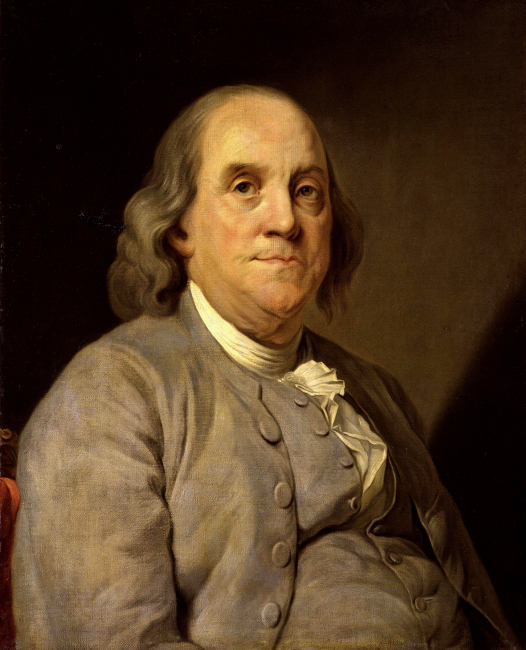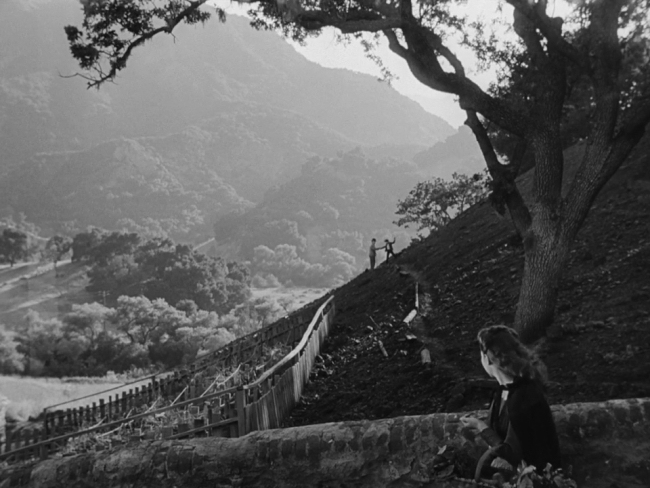Star Wars: Rebels, or Star Wars: Stunt Casting, has released a new trailer for its upcoming season three. Sadly, the most impressive thing about its first two seasons has been the casting and maybe the persistence with which Disney demands the show stick to its at turns annoying and boring main stars. But how to top James Earl Jones as Darth Vader in season two? Well, you really can't but Grand Admiral Thrawn is pretty exciting. He'll be played by Mads Mikkelsen's brother Lars--I understand Lars has a role on House of Cards, a show I've never seen. But if he's anywhere near as good as Mads, I'm happy with the casting.
I do like Thrawn despite the numerous problems in the Timothy Zahn books for which he was created (everything related to the ysalamiri). Considering writing has been the weakest point on Rebels so far, though, I'm doubtful the show will manage to put together the displays of cleverness and nuance Thrawn is known for. It is nice the trailer shows him investigating cultures through their art--that's something I've always liked about him. Maybe he'll finally be the one to tell Sabine she's the Girl Least Likely To.
But the main reason I'm going to be suckered into watching season three, and the reason I'm talking about it on the day of the week I normally reserve for Doctor Who, is that Tom Baker's going to be on the show. He looks like a giant yak in the trailer, some kind of neutral Force master. I guess this is the secret Star Wars project Baker alluded to in an interview last year. The guy just gleefully spills in every interview, I do kind of love that about him. I did slightly hope he'd be in Episode VIII but oh, well.
Even aside from the fact that he played the best Doctor, Tom Baker's great casting for any voice role, really.
I listened to two audio plays from 2008 this week, a Seventh Doctor story called Dark Husband and a Fifth Doctor story called The Haunting of Thomas Brewster, neither one especially good, the latter being slightly more entertaining. The Dark Husband is the first time I've ever seen or heard a romance hinted between Seven (Sylvester McCoy) and Ace (Sophie Aldred). It comes at a point when Ace is much older and more experienced than the confused pyromaniac we met in the television series though somehow it still feels kind of wrong. I don't know why. I'd have happily accepted Twelve and Clara making out and I'm pretty sure their age difference is even greater. Maybe it's that McCoy feels like one of the most sexless Doctors, maybe it's just that their rapport feels so grandfather/granddaughter on the show I just can't get past it.
Dark Husband actually introduces a love triangle between the Doctor, Ace, and the audio companion Hex (Philip Olivier), a young man around Ace's age and I do kind of like him but somehow I fancy an Ace/Hex match-up even less. Maybe it's Ace. I like Ace a lot, she is deservedly considered one of the best companions. Maybe I'm just too old for her myself to fantasise about her. I guess there are some occasions when sex just isn't called for.
The Haunting of Thomas Brewster is set in a self-consciously Dickensian Victorian London. Brewster (John Pickford) has memories of Five (Peter Davison) and Nyssa (Sarah Sutton) strewn throughout his young life which began at a very Dickensian workhouse. The Doctor mentions the Bootstrap Theory which Twelve asked us to Google in the previous television season. Unfortunately the writing for The Haunting of Thomas Brewster has a particularly bad ear for period. It's nice that there's a gay character in it but it feels pretty anachronistic for a nineteenth century street thug to tell Nyssa that he has more than a friendly feeling for another guy "if you know what I mean." I don't think that was really a topic for casual conversation between a young man of the streets and an apparently aristocratic young woman. Certainly he wouldn't have expected her to know what he meant.
The Doctor is stranded in London for a year during which he gets a house and joins the Royal Society. In one of my favourite bits, Nyssa is shocked when she thinks the Doctor may be sharing future scientific knowledge. The Doctor reassures her that he's careful to only tell his colleagues things they already know adding, "I think that's why they like me so much."



